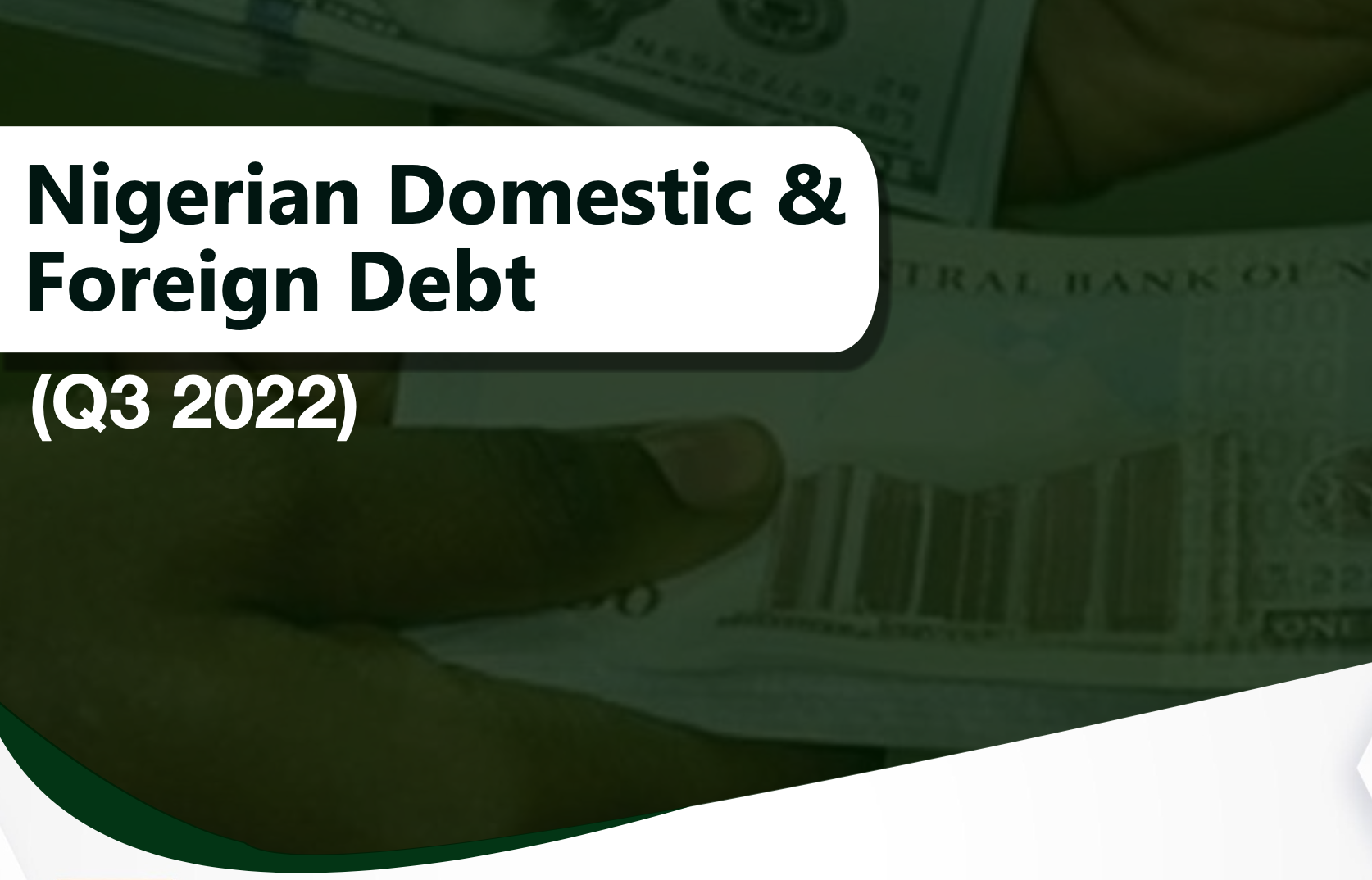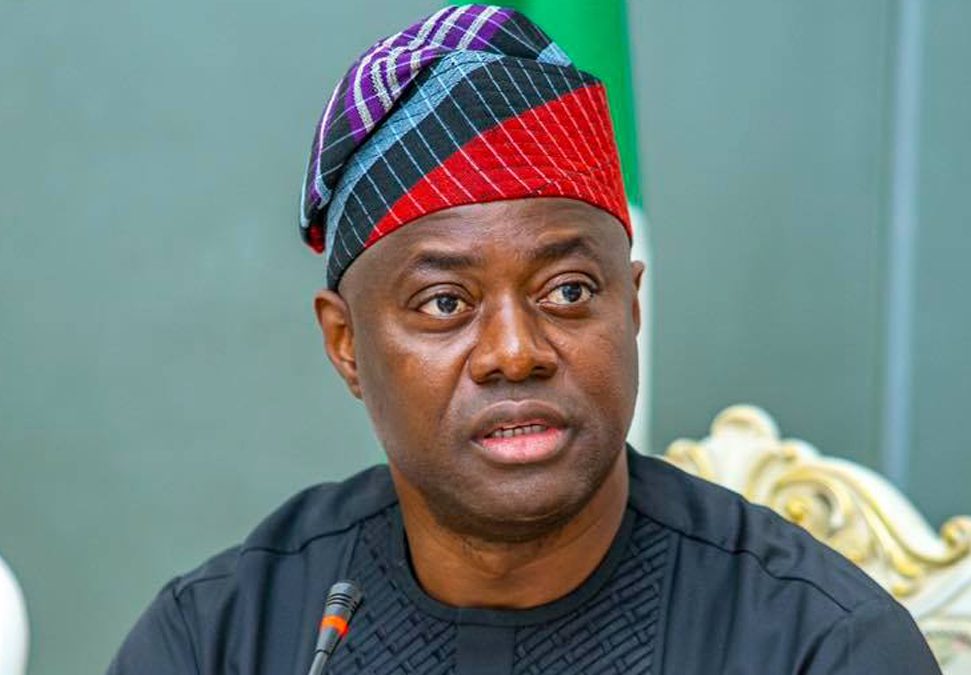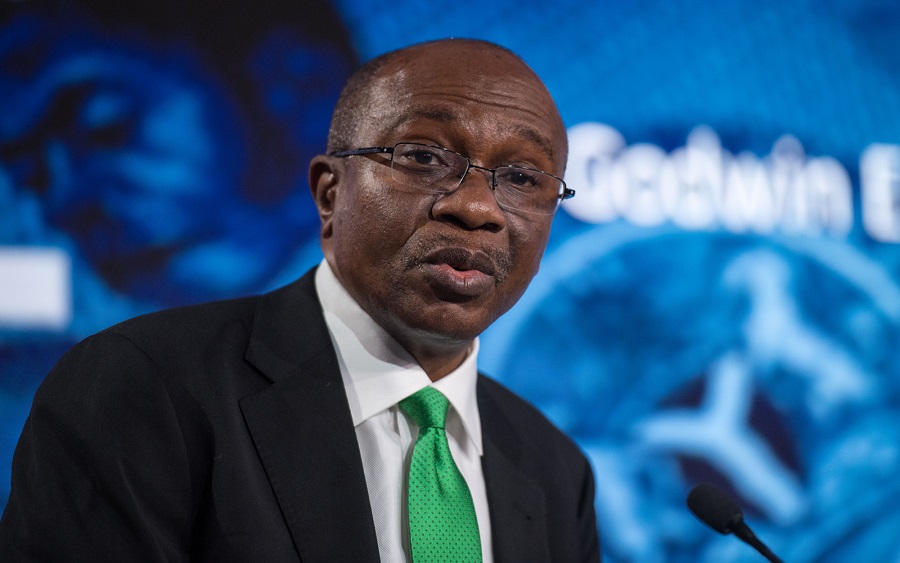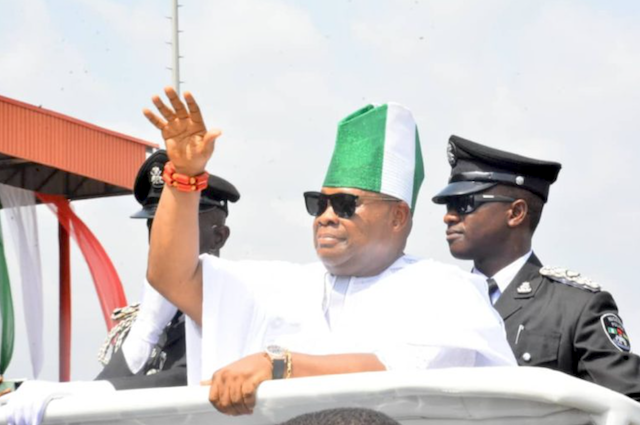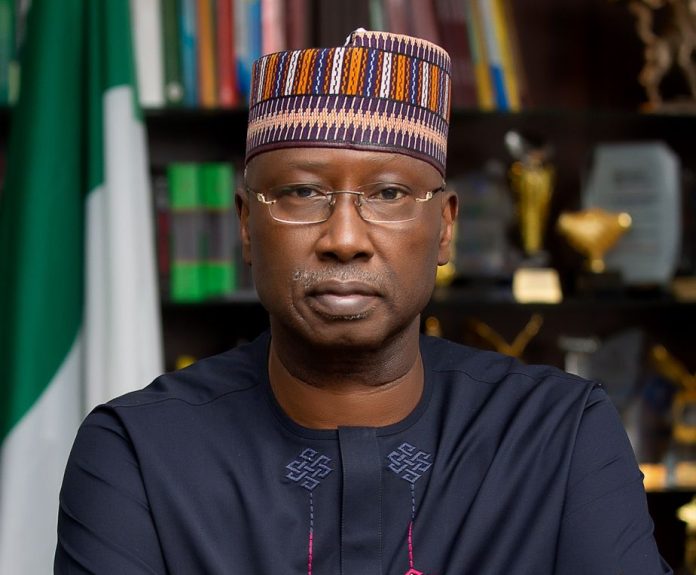Former Local Government chairmen and councillors sacked on May 29, 2019 by Gov. Seyi Makinde of Oyo State have disagreed with the governor on his proposed plan to pay the N3.4 billion judgment debt in instalments.
The affected ex-council chiefs, led by Bashorun Ajuwon, made this known in documents they filed before the High Court of the Federal Capital Territory (FCT) against some applications earlier filed by the Oyo State Government.
The N3.4 billion judgment debt was the balance of N4.9 billlion the state government owed some former local government areas (LGA) chairmen and councillors it sacked in 2019. The ex-council chiefs accused the state government of raising false claims in its alleged plot to frustrate the payment of the money.
They described as false and a delay strategy the claim by the Oyo State Government that the Central Bank of Nigeria (CBN) naira redesign policy, coupled with paucity of funds, had hampered its plan to pay the N3.4b debt.
On March 2, Justice A. O. Ebong of the High Court of the FCT issued a garnishee order nisi blocking Oyo State’s accounts in First Bank, United Bank for Africa (UBA), Wema Bank and Zenith Bank.
The order followed the garnishee proceedings initiated by the ex-council chiefs in an effort to execute the judgment they got on May 7, 2021 at the Supreme Court against Governor Makinde and six others.
Listed as judgment debtors with the Oyo State governor are the state’s Attorney General, the Commissioner for Local Government and Chieftaincy Affairs, the Accountant General, the House of Assembly, its Speaker and the Oyo State Independent Electoral Commission (OYSIEC).
In their response to the order nisi, the judgment debtors filed series of applications including the one seeking to set aside the garnishee proceedings, and another, praying to be allowed to pay the debt within the next seven years by paying N250m in every six months.
But the ex-council chiefs objected to the application.
In one of the documents filed by their lawyer, Musibau Adetunbi, SAN, they stated that Makinde had vowed not to pay the debt as ordered by the Supreme Court, except they decamped to his party (the Peoples Democratic Party) from their party (the All Progressives Congress).
They stated that even when the Supreme Court ordered the state government to pay within four months from the date of the judgment, Oyo State, by a letter dated December 13, 2021 (by the Attorney General), pledged to pay within six months.
Ajuwon and others added that, while Imo and Katsina states (against which similar judgment was given by the Supreme Court for unlawfully sacking of elected LG officials) had since paid, Oyo State only paid N1.5billion and had continued to invent excuses to further delay.
Ajuwon stated in one of the documents that “after the payment of N1,500,000,000 to us, and sometimes in late 2022, the 1st judgment debtor (Makinde) invited myself and 3rd judgment creditor (Hon. Oluyinka Jesutoye) to his office and told us that we should inform all our members to cross to his political party, which is the People’s Democratic Party (PDP) from our own political party, which is the All Progressive Congress (APC).
“He further said that the only condition in which he would pay the balance of our money is by crossing over to his own political party and work for him during the general election of 2023.
“We took his message to our members, who directed us to tell him that we could not accept his request. We delivered the reply of our members to him and he told us that as long as he remains the Executive Governor of Oyo State, the balance of our money will never be paid.
“He (Makinde) further said after all, he has constitutional immunity; hence no court of law, not even the apex court of the land, could do anything to him. I personally told him in the presence of the 3rd judgment creditor that Almighty God and the law will help us out.”
While objecting to Makinde’s proposal to pay by instalment, the ex–council chiefs noted that at a payment rate of N250m every six months, it would take the state governor six years to pay N3billion and additional one year to pay the balance of N374. 889. 425.60k, thereby making it seven years, long after he must have completed his second term in office which begins on May 29.
They claimed that Makinde “is maliciously using state power to coerce us, as members of an opposition political party, and has refused to pay our salaries and allowances despite the memos by the Ministry of Justice addressed to the 1st judgement debtor, the Executive Governor of Oyo State, to do so.”
The ex-council chiefs, who urged the court to ignore the state government’s requests and proceed with garnishee proceedings, also want the dismissal of the motion to show cause filed by Wema Bank (one of the state’s bankers) for allegedly containing falsehood.
They claimed that Wema Bank, in the motion, concealed information about Oyo State Government and its agencies’ accounts with the bank.
Ajuwon stated, in another document, that the state government and its agencies maintain several accounts in Wema Bank.
He gave details of some of the accounts and the balance as at April 6, 2023 to include: Account No 0121754507 (with N41,435,133.10 balance); 0122500990 (N8,743,039.10); 0229068555 (N239,128.59); 0241073603 (N52,834.08) and account No:0229822360 (with N190,413.15 balance).
He added that the state also maintained an Internally Generated Revenue (IGR) account, with number: 0121754507 with Wema Bank.
Ajuwon stated that “the judgement debtors have boasted that they have the capacity to cause the garnishees (the banks) not to say the truth.
“The judgement debtors, who are interested in perverting the cause of justice, are making frantic effort to carry some garnishees along. Indeed, some garnishees are already preparing fake loen papers.
“Aside from the accounts mentioned above, there are several accounts maintained with the 3rd garnishee (Wema Bank) by the judgement debtors in the name of ministry, commission and/or agency.”
The court will, on Monday, hear some pending applications filed by parties.

